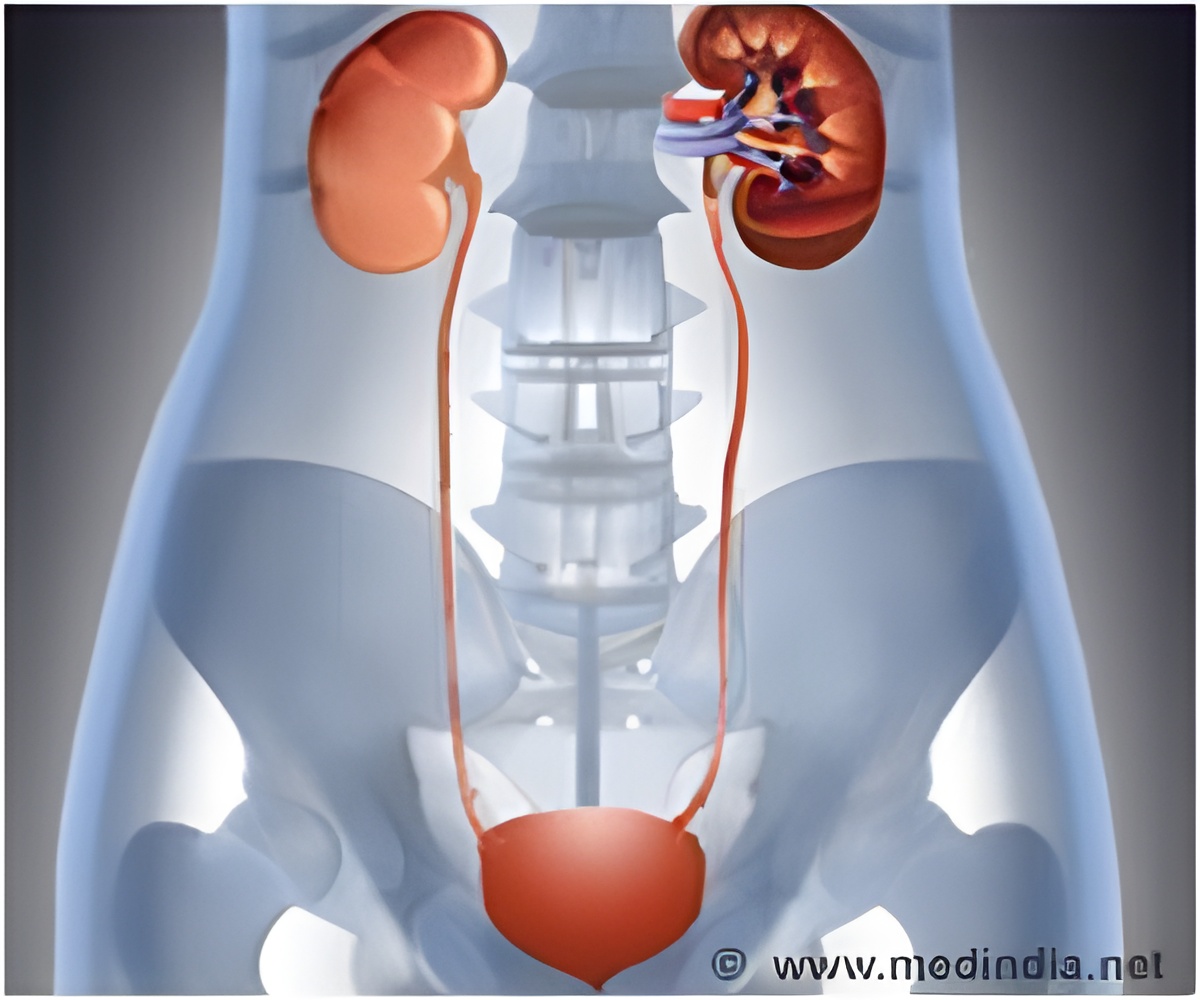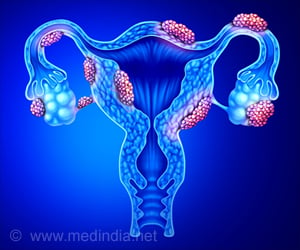Kidney dysfunction is more common in women than men. A new survey shows kidney function abnormalities were an average of 11.36 per cent higher in women than in men (9.48%).

‘In India, chronic kidney disease was ranked as the eighth leading cause of death, according to Global Burden of Disease (GBD) study.’





"Women have to face multiple socio-economic challenges that keep the concerns of their health secondary to men or family. They fall behind men in terms of timely diagnosis, accesses to healthcare and receiving treatment. Other than lacking awareness about the disease, the biologic conditions such menstrual cycles and pregnancy are conditions purely unique to women, and all this makes women more vulnerable to chronic kidney disease," Sandeep, Columbia Asia Hospital, Gurugram, said in a statement. According to the Global Burden of Disease (GBD) study 2015, chronic kidney disease was ranked 17th among the causes of deaths globally with an annual death rate of 19•2 deaths per 100,000 population. In many countries, chronic kidney disease is now among the top five causes of death.
Kidneys are responsible for filtration of harmful fluids and wastes from body. Thus, it is vulnerable to damage by a range of conditions and infections affecting the body such as diabetes, hypertension, bacterial or viral infection, toxins, smoking and drugs.
"Diabetes and hypertension account for two-third of the causes of chronic kidney disease.However, the disease progresses slowly and silently, without any manifestation or obvious symptoms.
The disease is known to show its real signs only in advanced stages, and therefore, it becomes all the more important to get periodic tests done if a person is suffering from these conditions," said Dr. Prem Prakash Varma, Senior Consultant, Venkateshwar Hospital, Dwarka.
Advertisement
As kidneys start malfunctioning the levels of these markers go up in blood. When the kidneys are damaged, they have trouble removing creatinine from blood, the doctors said.
Advertisement















